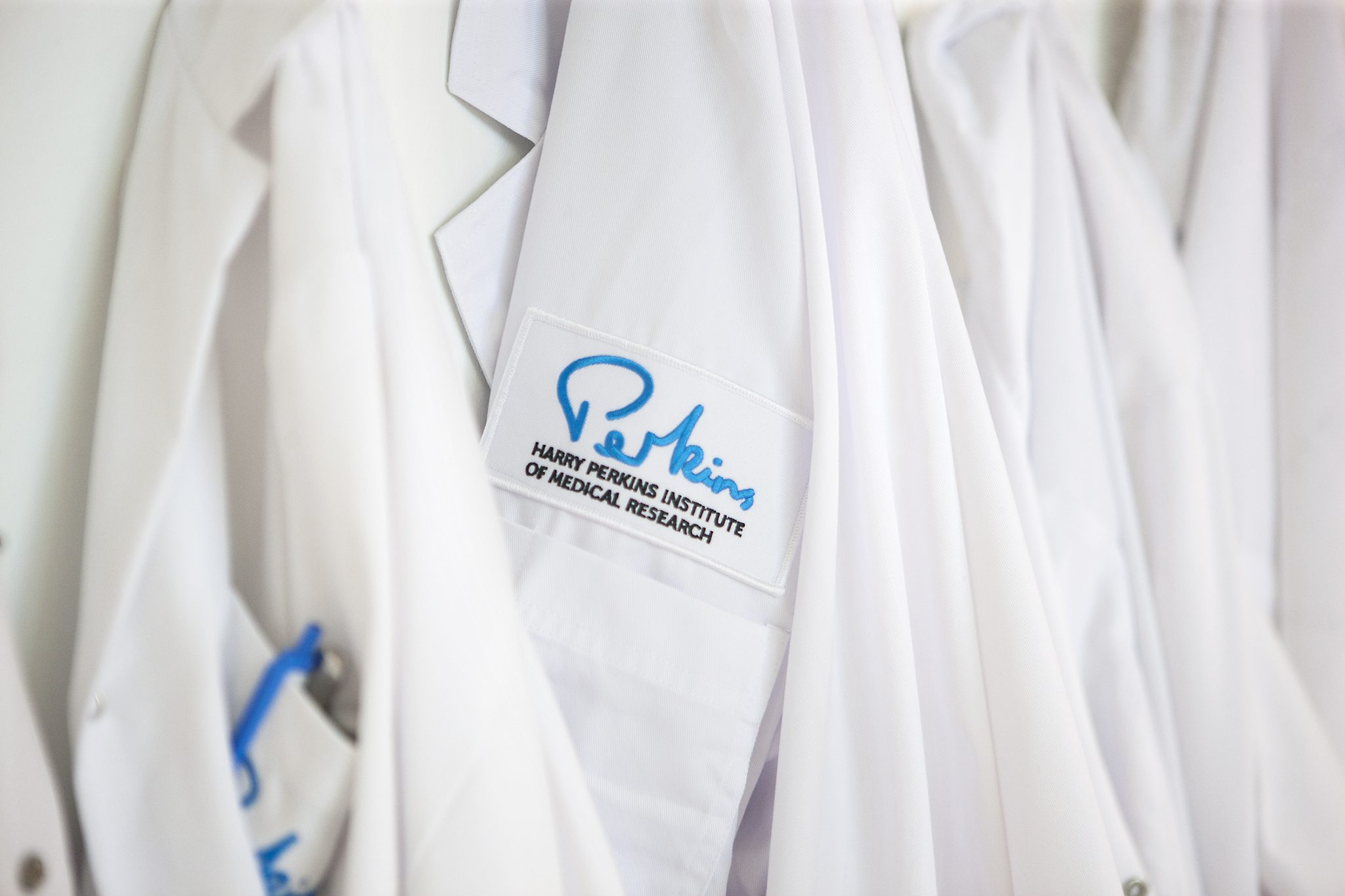
Harry Perkins Institute of Medical Research recognised by Federal Government for innovative research projects
Detection of illicit drugs, novel cancer research, fighting infections in rapid time and hunting for rare muscle weakening disease genes are some of WA’s research areas that have been awarded National Health and Medical Research Council (NHMRC) grants for 2021.
Four of the eleven NHMRC Ideas Grants awarded to West Australian researchers are associated with the Harry Perkins Institute of Medical Research.
NHMRC Ideas Grants support innovative research projects that address a specific question or questions and provide opportunities for early and mid-career researchers.
Tracking Australia’s illicit drug use
The largest Ideas Grant was awarded to a team involved in the surveillance of illicit drug use in Australia to enable rapid detection and harm reduction using an early warning system.
Professor Daniel Fatovich, an emergency physician at Royal Perth Hospital and researcher with the Harry Perkins Institute of Medical Research says the aim is to bring together emergency physicians, toxicologists and forensic laboratories across the country to build a national surveillance and early warning system of illicit and emerging drugs.
He said harm associated with illicit drug use are increasing and are a global public health problem.
“There are many new synthetic drugs emerging at an unprecedented rate, for which there is barely any useful clinical data, making it difficult to detect in a patient and determine the best treatment.
“International calls for further research into illicit and emerging drugs have indicated that improved collaboration between emergency physicians, forensic laboratories, researchers and health services could help to identify new and emerging drugs more rapidly and provide more robust data.
“In Australia, information on trends in drug use is currently obtained through a range of measures, which provide little useful clinical information to assist clinicians managing acutely unwell people.
“We will use laboratory confirmed data to identify the specific drugs that result in patients presenting at emergency departments.
“This information will inform rapid, evidence-based public health responses to reduce further drug-related harm in the community,” Professor Fatovich said.
Hunting disease genes
The Rare Disease Genetics Group at the Harry Perkins Institute has received support to extend its search for disease genes using the expertise of another Perkins team to analyse the genome, the genetic instructions which might be a factor in why a patient has a genetic muscle weakening disease.
Already Perkins geneticists have identified more than 30 genetic mutations that cause diseases including many debilitating skeletal muscle weakening conditions.
These are conditions that can present before or at birth, during childhood or in adult life and frequently cause early death or result in life-long and significant physical disability.
Geneticist Dr Gina Ravenscroft says these diseases are currently known to be caused by variants in more than 300 genes.
“However, more than half of all patients do not have a molecular diagnosis despite genomic testing. This represents a huge unmet need for families with skeletal muscle disease.
“Our work will bring in the expertise of former Eureka Prize winning scientist Professor Alistair Forrest at the Harry Perkins Institute. With his expertise in identifying the parts of the genome that are important for muscle movement – we aim to create the first map of the regulatory components of the genome, which will be overlaid with data from patients, to identify the genetic variants which might be disease causing,” Dr Ravenscroft said.
Improving our immune systems to fight cancer
Leading cancer researcher Professor Ruth Ganss’ big idea is to fight cancer using the patient’s own immune system by inducing lymph node like structures in the middle of a cancer to help fight infections.
The lymph system is critical to our immune response to disease. It is made up of a large network of vessels and nodes, as well as lymphatic tissues and organs.
While immunotherapy which boosts the body’s immune system to disease has been the most important recent advance in cancer treatment not all patients benefit.
“There have been some unprecedented dramatic results using immunotherapy for some cancer patients. Our team wants to improve that outcome even further by developing lymph nodes inside a tumour to bring the immune system right to where it is needed to fight the cancer cells.
“We aim to create treatments in patients who are not currently responding and expose their tumour to the immunotherapy to enable attack by immune cells”, Professor Ganss said.
Fighting infections rapidly
The fourth big idea that was recognised nationally focuses on dramatically reducing delays between the diagnosis of a severe infection and detection of antibiotic resistance, a gap that can be days.
Dr Aron Chakera, renal physician at Sir Charles Gairdner Hospital, and Head of the Perkins Translational Renal Research laboratory says that in serious invasive infections, every hour without the right antibiotic results in an increased risk of death.
“Currently, bacteria must be isolated and purified from patient specimens to test their susceptibility to the chosen antibiotic.
“In many serious infections, these tests can often fail to identify the organism causing the infection,” he said.
The new approach aims to identify the right treatment to fight the infection without growing bacteria in a culture to test it with potential treatments.
“Our approach will be to use a tool that provides measurements of microbial cells that can be quantified and analysed and generate results in hours, rather than days of the right antibiotic to use,” he said.
